I am on my way to Bethlehem, which is where I come from and where I tend to spend Christmas. When I visit from London, I am given strict instructions to bring with me a generous amount of cheddar cheese, a good whisky and, as unlikely as it sounds, Yorkshire tea. I have made it into a local tradition and there is no one else but me to supply the tea in the quantities required. Normally, my biggest concern is trying to find enough space in my suitcase for all these supplies. I so wish this was my main concern this time round. Since the start of Israel’s bombing campaign of Gaza, life in Bethlehem has been turned upside down. The place has known sad Christmases but this one will be unlike any other.
My friends in Bethlehem tell me to get rid of any statements of solidarity with Gaza on social media if I want to avoid trouble. “Take it seriously,” they say. The Israeli army is stopping people at checkpoints, examining their phones and making arrests. “It’s the Inquisition on steroids,” says a friend. Four hundred and fifty people have already been arrested in Bethlehem since October 7, the majority without charge. Fifty of them are minors. I’ve read enough about Israeli jails to know that I never want to end up in one, so I start to comb through my posts. The problem is that almost all of them are about Gaza. How could they not be? “More than 15,000 people slaughtered;” “More than 6,000 of those are kids;” “More than 6,500 remain under rubble.” What else is there to say, apart from to call for a ceasefire? I don’t think many of my posts are all that original. They echo what many human rights institutions, churches and even the Pope have said.
I call one of my best friends in Bethlehem, a university professor, who is midway through preparing a dish of burbara when we speak on the phone. I feel relieved that one small element of Christmas tradition is being observed. Burbara — the Arabic for St. Barbara — is a creamy wheat berry pudding traditionally served on December 4 across the Middle East to kick off the Christmas season. It is delicious, made with spices, nuts and dried fruit. Our region is the original home of wild wheat, which means that our ancestors were incredibly resourceful at turning it into a myriad of dishes, the most famous being pheasant and frikkeh. For Christmas, we usually eat lamb or pork, the latter cooked in local red wine and with a staggering amount of garlic. This is the Middle East after all. The conversation with my friend becomes increasingly heavy. Her nine-year-old nephew is terrified at the sight of Israeli soldiers, who raid Bethlehem on a daily basis. The young boy knows how close Bethlehem is to Gaza. Local children, my friend says, have taken to playing “funerals” and drawing pictures of dead bodies shrouded in plastic bags.
Anyone who has ever spent Christmas in Bethlehem knows about its parades. They are an unforgettable spectacle: joyous, spirited, with pipers, drums, music, you name it — a true testimony to that first Christmas, where the divine and the mundane locked arms. People from all over the world crowd the narrow streets and rub shoulders with Christian and Muslim Palestinians. But none of that is scheduled for this year. All celebrations have been canceled . There will be no Christmas tree, no visitors, no parades. The churches and the municipality announced their decision a few weeks ago. The locals are fully in agreement. “How could we celebrate anything now?” my friend asks me. “We are all just glued to our television screens and cannot believe our eyes. The cruelty of it all. We never thought we are so dispensable.”
I have long campaigned to try to preserve the Christian community in Bethlehem. Our numbers have dwindled greatly, due to Israel’s brutal military occupation of Palestine. The Israeli wall that confiscated much of the remaining lands of the town and reduced it to 13 percent of its original territory in 2005 was the last nail in the coffin. I am almost sure we have lost this battle. There will just be a few of us left in the region. As painful as it is, I have reconciled myself to this loss. My greater concern now is not for preserving Christianity in the land of its birth but for preserving human sanity in a world that feels so unhinged.
At midnight mass in Bethlehem, you often hear the priest say: “Make your hearts big, you, the people of Bethlehem! Christians the world over look towards your town tonight with joy and trepidation. You are the only people on Earth who can say, ‘He was born here tonight!’” I have heard this so many times, but it has never failed to move me. We always understood where we stood and how special that was. This Christmas, I know the people of Bethlehem will stand together at the Church of the Nativity with their own special prayer — a prayer for Gaza.
This article was originally published in The Spectator’s UK magazine. Subscribe to the World edition here.



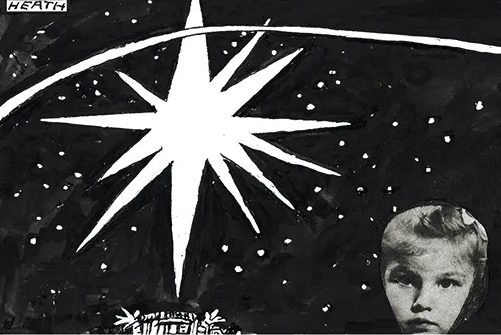







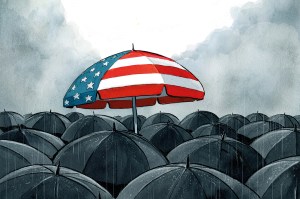

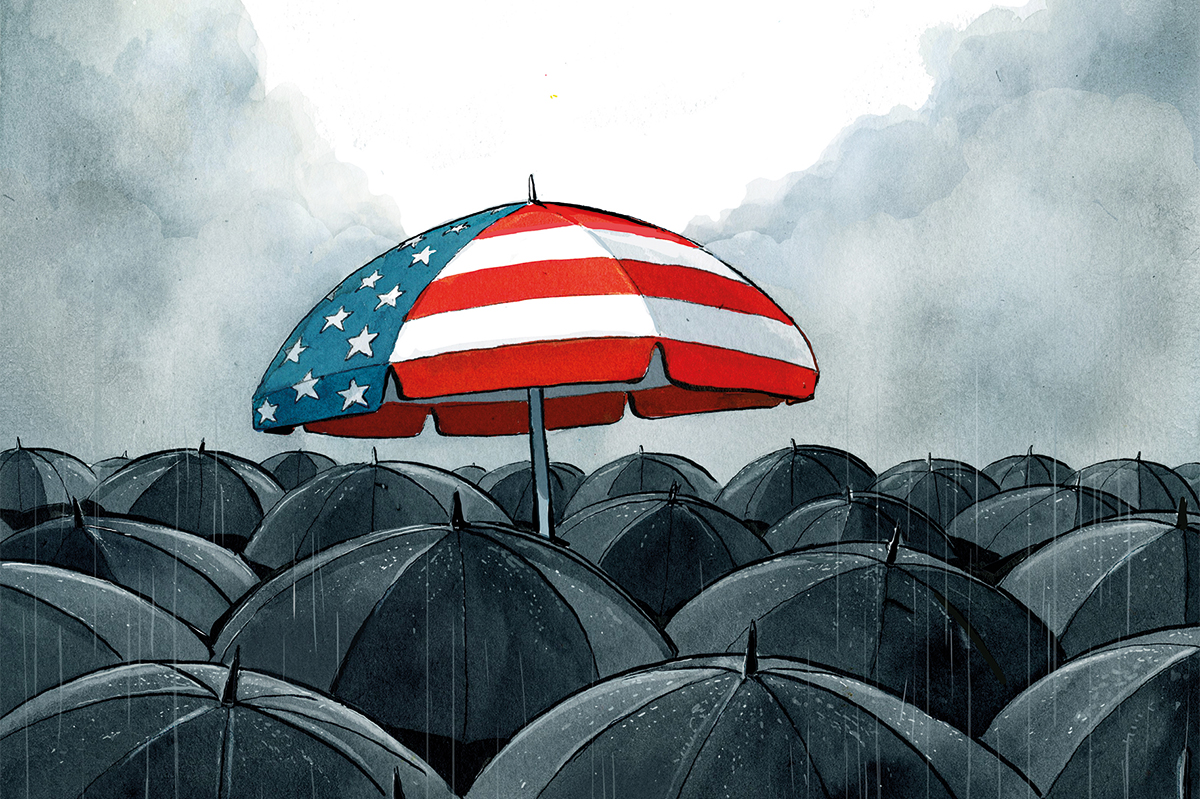

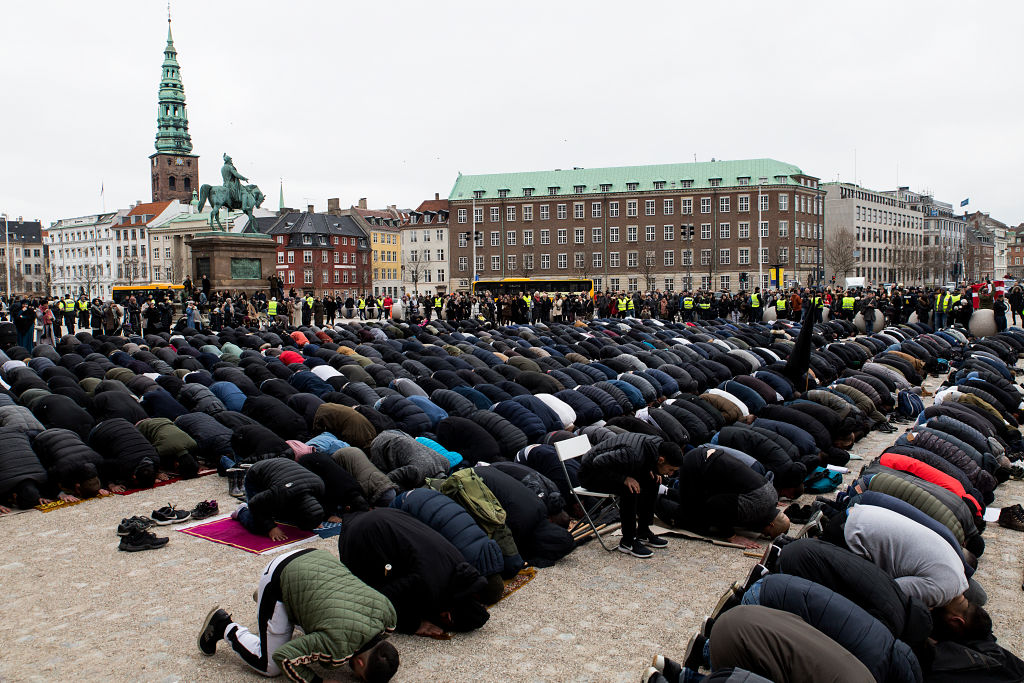
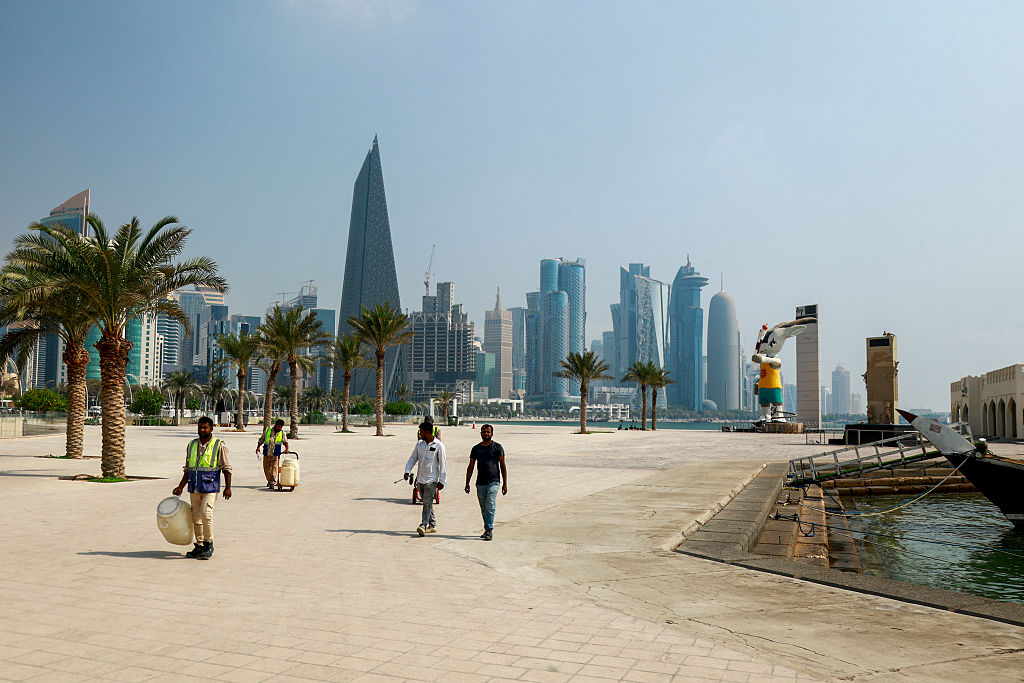
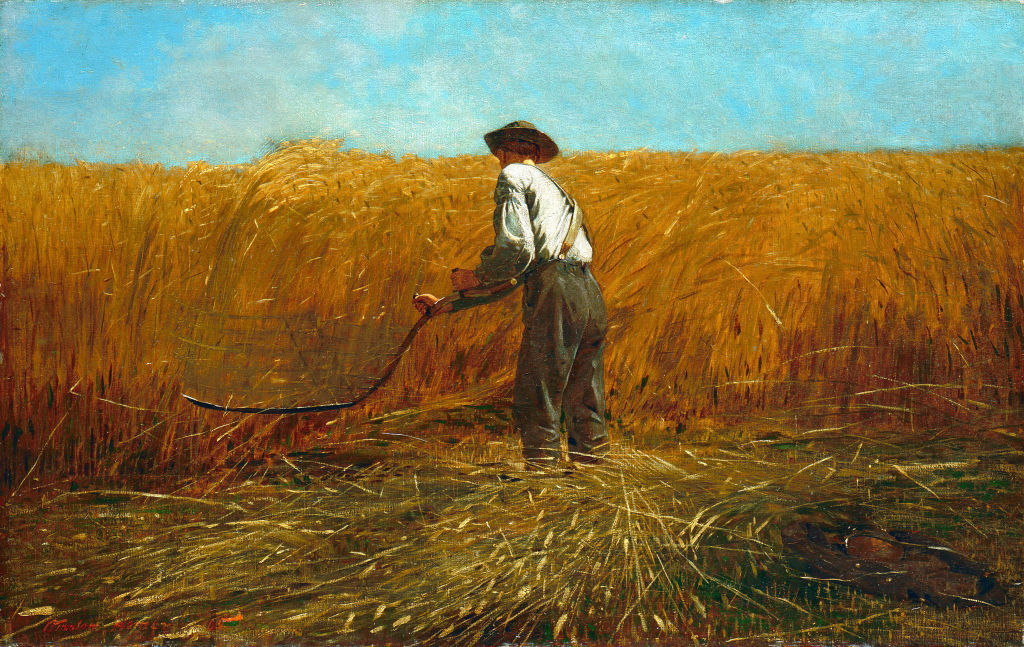
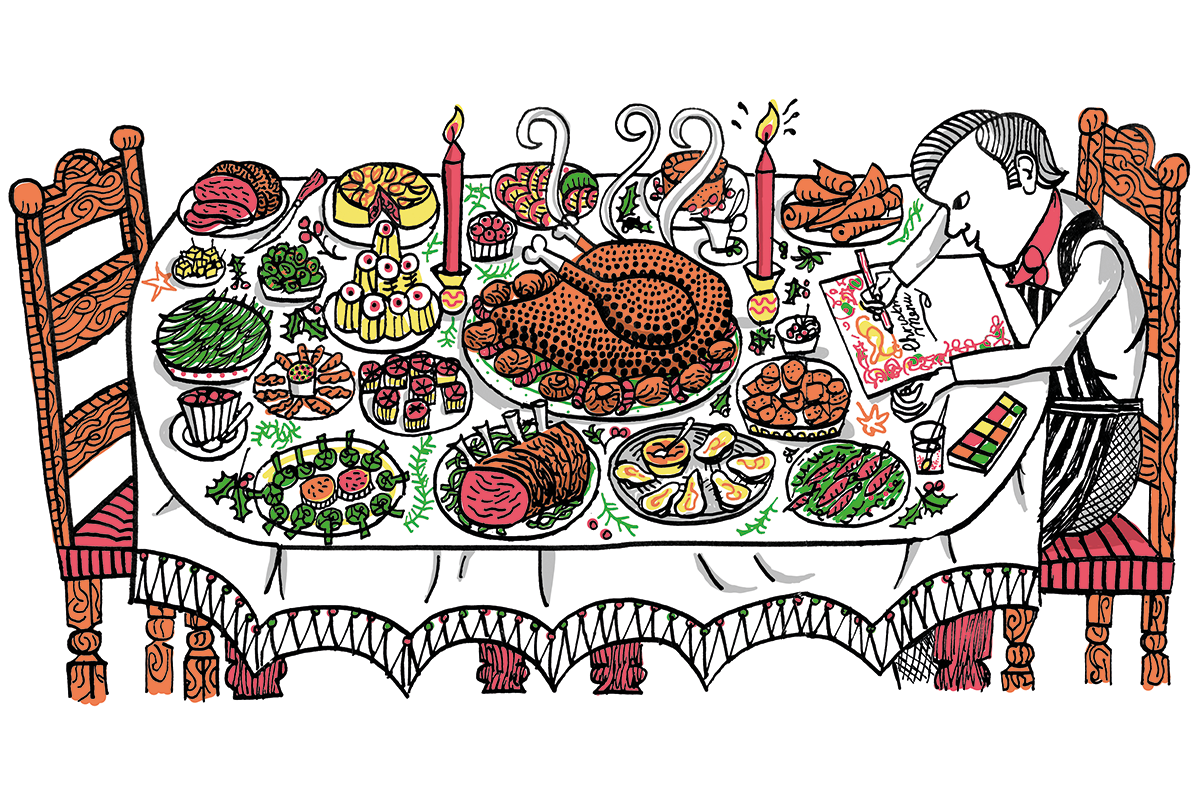







Leave a Reply